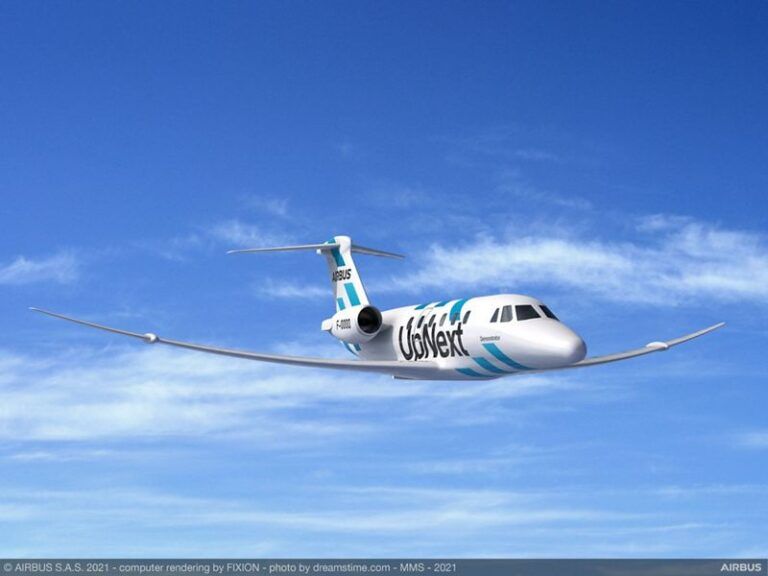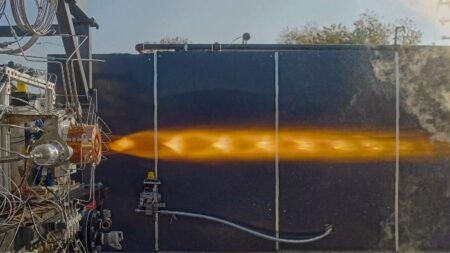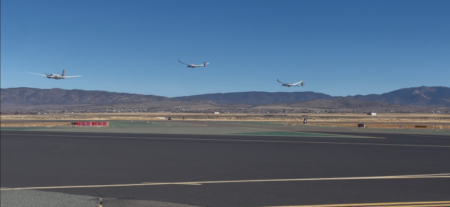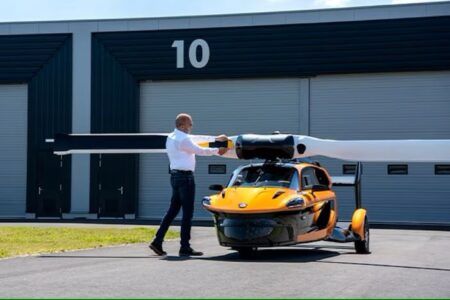Airbus has launched a research project to develop a wing demonstrator that will validate technologies to improve and optimize wing aerodynamics and performance for future aircraft.
This scaled demonstrator is developing active wing control technologies including: gust sensors, pop-up spoilers or plates that are rapidly deflected perpendicular to airflow, multifunctional trailing edges that dynamically change wing surface in flight and a semi-aeroelastic hinge. These aim to work similarly to how an eagle soars, adapting the shape, span and surface of its wings and feathers, to increased flight efficiency.
The new technology will be integrated and fly on a Cessna Citation VII business jet platform in representative flight conditions. The applications of the extra-performing wing would be compatible with any propulsion solution and aircraft configuration to reduce carbon dioxide emissions.
“Our extra-performing wing demonstrator is another example of Airbus’ novel technology-oriented solutions to decarbonise the aviation sector,” said Sabine Klauke, Airbus Chief Technical Officer. “Airbus is continuously investigating parallel and complementary solutions such as infrastructure, flight operations and aircraft structure. With this demonstrator, we will make significant strides in active control technology through research and applied testing of various technologies inspired by biomimicry. ”
The demonstrator is hosted within Airbus UpNext, a wholly-owned Airbus subsidiary created to give future technologies a development fast-track by building demonstrators at speed and scale, in order to evaluate, mature and validate potential new products and services that encompass radical technological breakthroughs.





